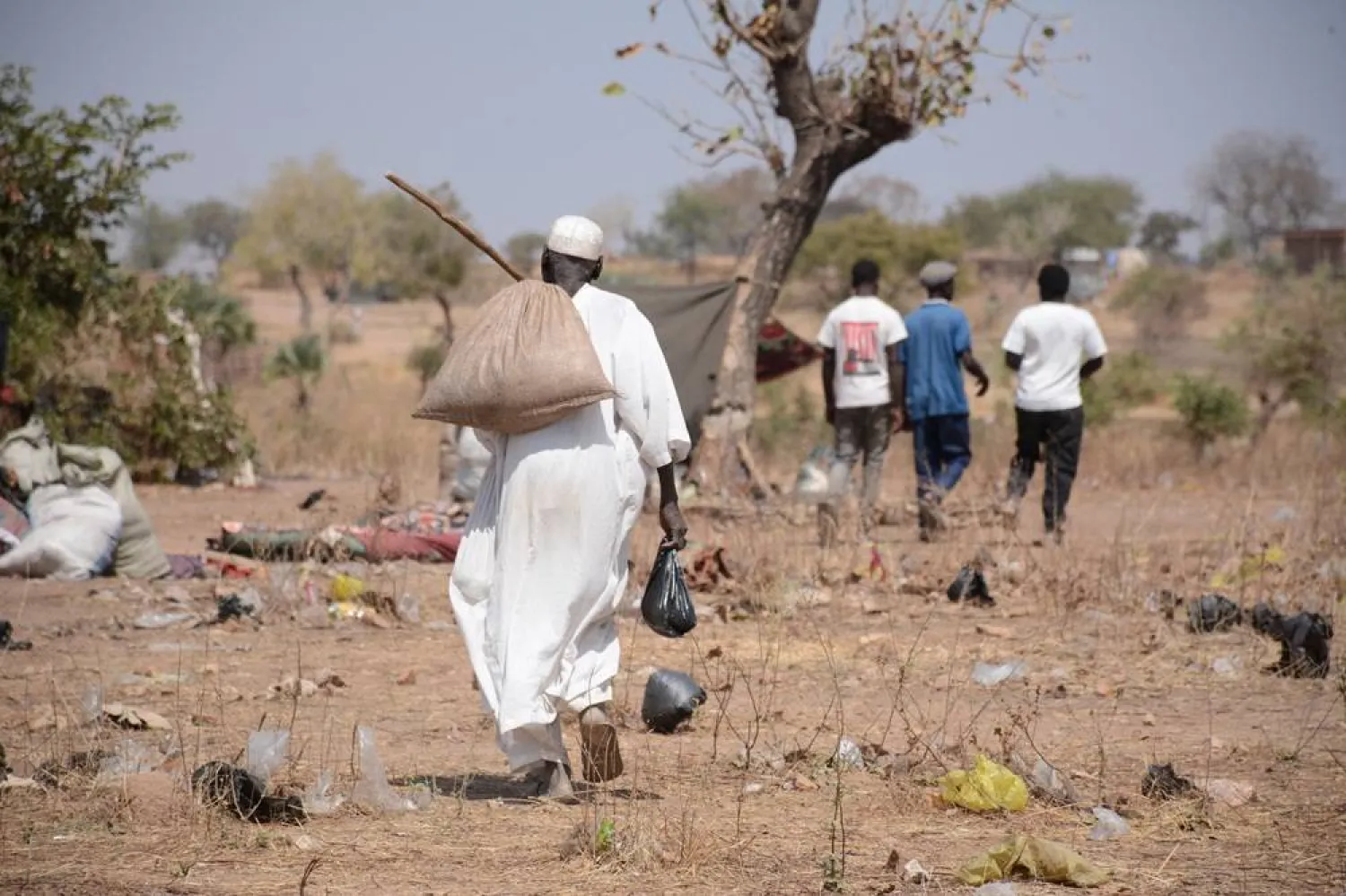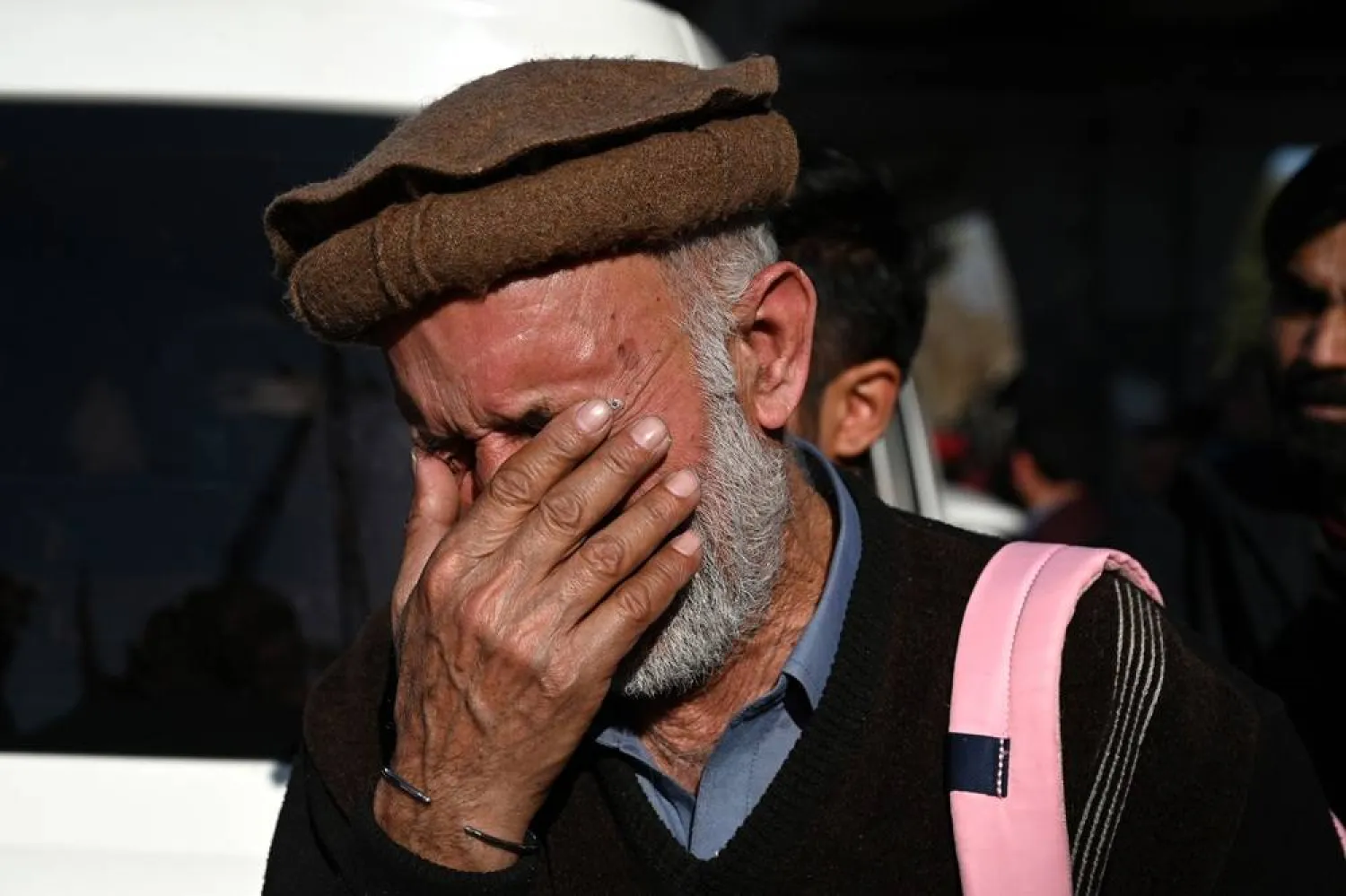For the last nine decades, Saudi Arabia has been mounting herculean diplomatic efforts that are centered around making the world a safer and more tolerant place, despite the Kingdom being located in a region that is infested with conflict and disputes.
Stemming from its pivotal role in the Arab and Islamic worlds, Saudi Arabia occupies a prime position that qualifies it to boost peace efforts and to unify discourse on the Arab and Islamic levels.
Apart from helping contain regional conflicts, the Kingdom has played a significant role in bridging the gap between peoples from the Arab and Muslim worlds and the global community.
Saudi Arabia has overseen agreements, summits, conferences and projects through which it sought to bring warring parties together to unite peoples, end wars, and promote the values of tolerance and coexistence at the regional and international levels.
Political Agreements
Lebanon's Taif Agreement in 1989, brokered by Saudi Arabia, restored Lebanese unity and ended a bloody civil war in the Levantine country.
In 2018, the Kingdom also succeeded in ending the longest-spanning conflict on the African continent between Ethiopia and Eritrea and a peace agreement was signed under the auspices of the Custodian of the Two Holy Mosques King Salman bin Abdulaziz, in the presence of Crown Prince Mohammed bin Salman.
Saudi efforts also sponsored the ending of a 10-year conflict between Djibouti and Eritrea in 2018.
By the end of 2019, Yemeni rivals signed the Riyadh Agreement which laid the foundations for peace among Yemeni parties.
In July 2018, Saudi Arabia contributed to bettering the security and stability of Afghanistan by hosting reconciliation sessions between warring parties and holding the International Ulama Conference on Afghanistan, during which Muslim scholars presented different views on achieving Afghan reconciliation and stopping terrorism and extremism.
Through many organizations, such as the Muslim World League and the KAICIID Dialogue Center, Saudi Arabia had strived to unify the discourse among clerks and scholars from different religious and sectarian backgrounds.
The Kingdom has been an avid supporter of coexistence and tolerance values among peoples of different religions, sects and cultures.
Boosting Coexistence Values
In 2006, Saudi Arabia managed to help bring sectarian fighting in Iraq to an end by sponsoring the signing of the Makkah Declaration of 2006.
In 2019, Saudi Arabia produced the Makkah Declaration, which is a document that called for anti-extremism, religious and cultural diversity, and legislation against hate and violence.
The document was declared in May 2019 at the end of the four-day conference organized by the Muslim World League conference in Makkah. It was approved by Islamic leaders of 139 countries and signed by around 1,200 prominent Muslim figures.
These agreements and documents have played a great role in bridging the gap between rival parties, ending wars, restoring development, establishing the values of coexistence and achieving peace.









